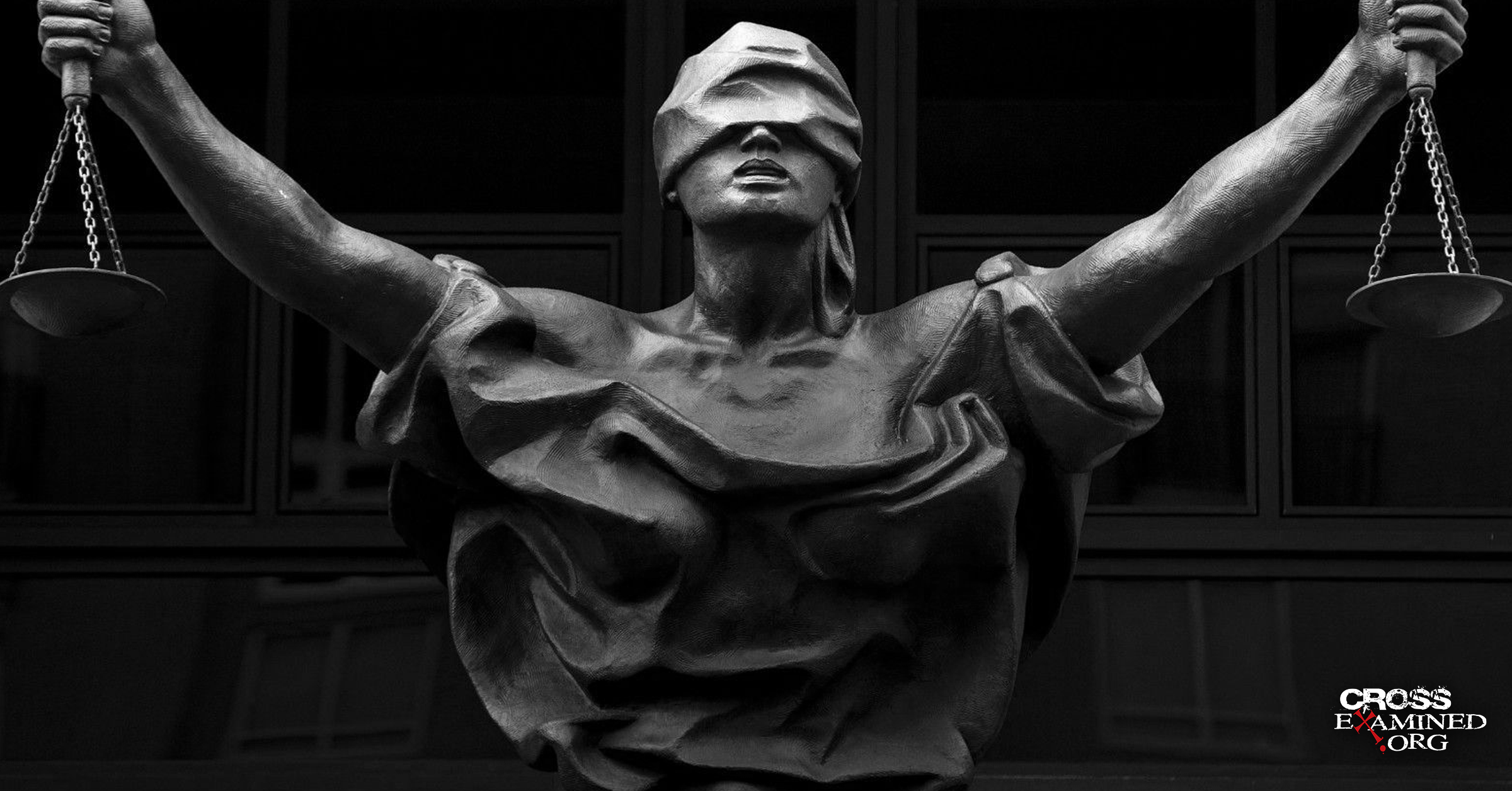Seamos honestos. Nadie busca tener una conversación desafiante con un amigo o familiar. La mera idea de decir algo que pueda herir sus sentimientos provoca escalofríos. Y así, en lugar de afrontar el problema, sigues evitando la conversación y acabas tirándolo a un lado con los demás asuntos sin resolver.
Pero pregúntese: ¿evitar las conversaciones difíciles con un ser querido mejora o perjudica mis relaciones?
Como cristiano, no es sabio reprimir tus sentimientos o evitar expresar lo que sientes sobre algo con alguien que amas, especialmente si hay un problema que obstaculiza tu relación. Una relación auténtica es la que se construye sobre la base de la honestidad y una actitud abierta.
Así que, sea cual sea el reto o la dificultad que tengas con un ser querido, aquí tienes cinco prioridades a seguir que te motivará a tener esa conversación incómoda.
Primera prioridad: orar antes de la charla difícil
Quizá pienses que la primera prioridad parece un poco obvia. Y tienes razón. La oración es evidente porque es esencial. Sin embargo, muchos cristianos se saltan la oración y se meten de lleno en lo que les preocupa. Sin embargo, la Biblia dice muy claramente: “Por nada estéis afanosos; antes bien, en todo, mediante oración y súplica con acción de gracias, sean dadas a conocer vuestras peticiones delante de Dios” (Fil. 4:6 LBLA). Cuando tú y tu amigo (o familiar) se reúnan para hablar de algún asunto delicado, orar juntos ayudará a calmar los nervios y a trasladar el foco de atención al Señor. También es importante que se expresen mutuamente su gratitud y pidan a Dios que les dé sabiduría y entendimiento para solucionar las cosas.
Segunda prioridad: conversar, no dar lecciones
Cuando alguien te hace daño, lo natural es atacar a la persona que te ha herido. Pero, según 1 Pedro 3:8, como cristiano debes ser “…de un mismo sentir, compasivos, fraternales, misericordiosos y de espíritu humilde”. Por lo tanto, lo último que quieres hacer (no importa lo inocente que te sientas) es adoptar un tono acusador con tu amigo. Tu enfoque es honrarlo como una persona hecha a la imagen de Dios, no despreciarlo si no se ajusta a tu punto de vista. Tu punto de partida no es “voy a ponerte en tu lugar por hacerme daño”. Debería ser: “quiero entender por qué hiciste lo que hiciste porque te amo”.
Tercera prioridad: mostrar respeto
Como seres humanos, anhelamos el respeto. Una buena técnica cuando se entabla una conversación difícil es centrarse en honrar a la otra persona por encima de uno mismo. Cuando honras a alguien (1 Pe. 2:17), eso no sólo actúa como difusor sino que también invitará a la otra persona a dirigirse a ti con respeto. Piénsalo así, honrarse unos a otros lleva a un diálogo respetuoso.
Cuarta prioridad: ser abierto y honesto
De ello se desprende que, si se emplean adecuadamente las tres primeras prioridades, la cuarta probablemente se acomodará. Sin embargo, hay muchas perspectivas aterradoras que pueden obstaculizar la vulnerabilidad: inseguridades, fracasos, miedo al rechazo y problemas de confianza. Sin embargo, ambos tienen que estar dispuestos a expresar una emoción real y la voluntad de resolver las cosas para que los dos puedan progresar. Esto llevará tiempo, así que asegúrate de no apresurarte ni fingir.
Quinta prioridad: pedir perdón
Jesús dice a sus seguidores: “Por tanto, si estás presentando tu ofrenda en el altar, y allí te acuerdas que tu hermano tiene algo contra ti, deja tu ofrenda allí delante del altar, y ve, reconcíliate primero con tu hermano, y entonces ven y presenta tu ofrenda” (Mt. 5:23-24). La palabra “reconcíliate” transmite una respuesta inmediata para hacer las paces con la persona ofendida. En lugar de excusarse por sus acciones, siempre es mejor asumir la responsabilidad de cualquier mala acción y resolver rápidamente los asuntos antes de que se vayan de las manos.
Recursos recomendados en Español:
Robándole a Dios (tapa blanda), (Guía de estudio para el profesor) y (Guía de estudio del estudiante) por el Dr. Frank Turek
Por qué no tengo suficiente fe para ser un ateo (serie de DVD completa), (Manual de trabajo del profesor) y (Manual del estudiante) del Dr. Frank Turek
_____________________________________________________________________________________________________________________________________________________
Jason Jiménez es el fundador de STAND STRONG Ministries y miembro de la facultad de Summit Ministries. Es un pastor, apologista y orador nacional que ha ministrado a las familias durante más de veinte años. En su extensa carrera ministerial, Jason ha sido pastor de niños, estudiantes y universitarios, y es autor de cerca de 10 libros sobre temas relacionados con la apologética, la teología y la crianza de los hijos.
Fuente Original del blog: https://bit.ly/3DBp0Gy
Traducido por Jennifer Chavez
Editado por Monica Pirateque










